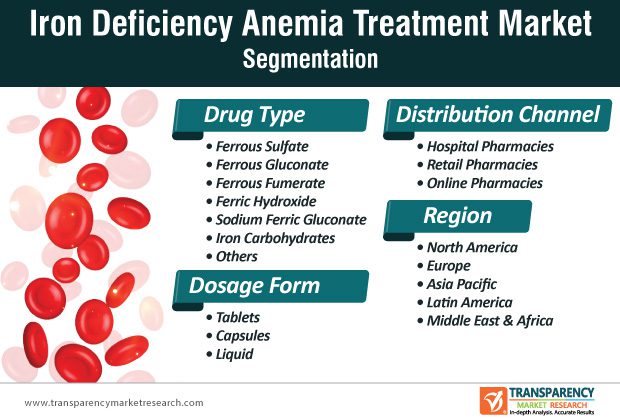Medical treatments for anemia
Treatments vary depending on type of anemia. People with fragile health or suffering from another disease (cancer, heart disease, etc.) are those who feel the benefits of treatment the most.
- Stop taking drug that causes anemia or exposure to a toxic material.
- Correct a deficiency iron (by mouth), vitamin B12 (by mouth or in the form of injections) or folic acid (by mouth), if necessary.
- For women with heavy periods, a hormonal treatment can help (contraceptive pill, IUD with progestin, danazol, etc.). For more information, see our Menorrhagia sheet.
- Optimal treatment of chronic disease the cause of anemia. Often, adequate treatment of the latter is enough to make the anemia disappear.
- In patients with sideroblastic anemia, taking pyridoxine (vitamin B6) may help with treatment.
- In case of acquired hemolytic anemia (non-congenital), immunosuppressants and corticosteroids are prescribed.
- In sickle cell anemia, painful attacks are relieved with pain relievers.
- In severe anemia, synthetic erythropoietin injections, blood transfusion, or bone marrow transplantation may be considered, as appropriate.
Special care For people with aplastic anemia, hemolytic anemia, or sickle cell anemia, certain precautions should be taken.
|










